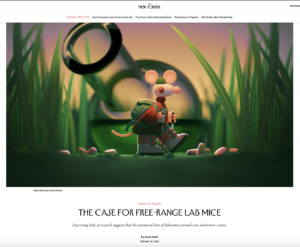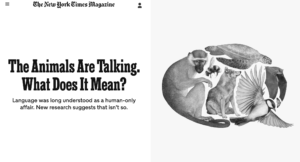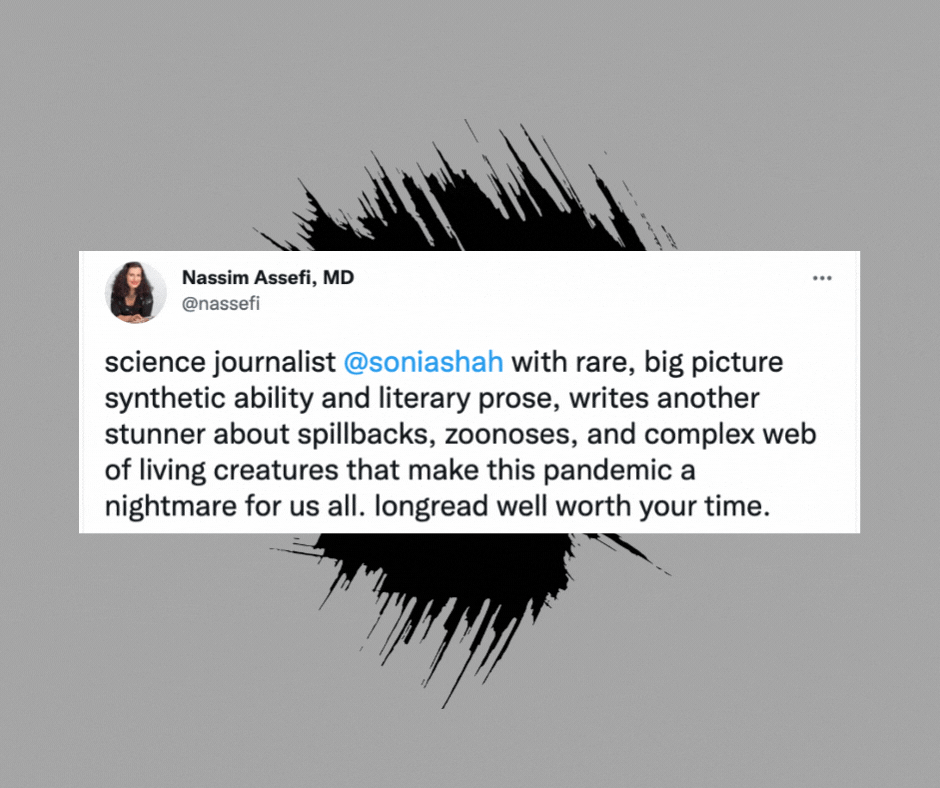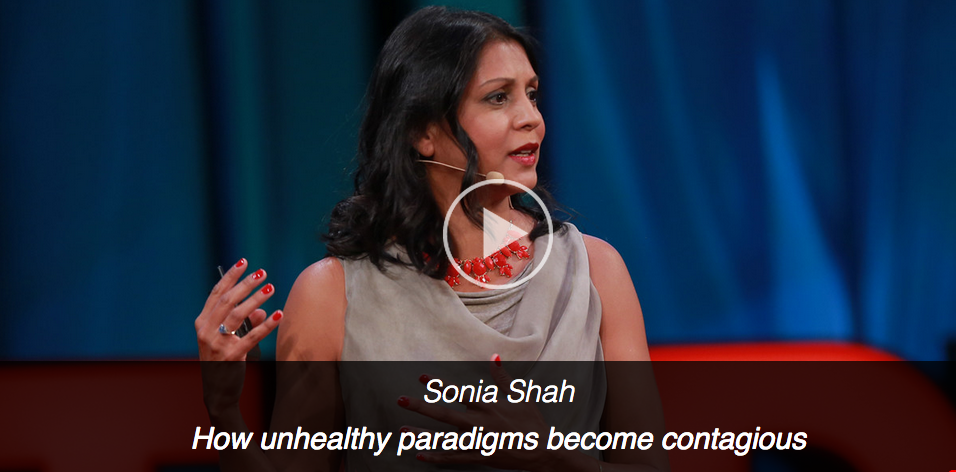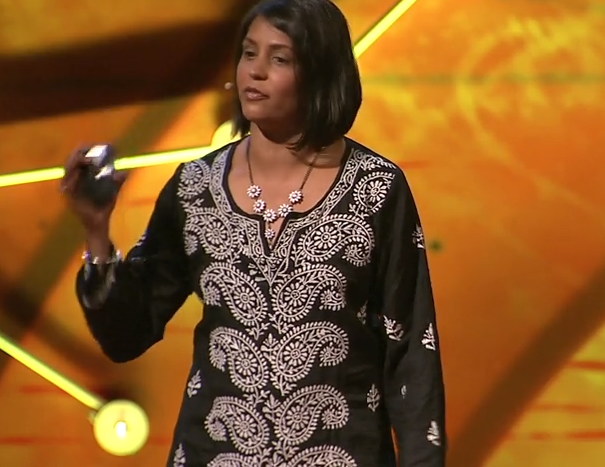Aid is a potent drug. It can help or hinder, depending on the circumstances. If you don’t have cancer, for example, a cancer drug will kill you. That’s why the maxim that is meant to guide medicine is to first do no harm. Don’t rush to “help” because your help (being faulty, partial, subjective) could very well be hurtful. First, just don’t actively hurt the patient. So what does that mean for aid in Africa? Debating the pros and cons of “help” is premature. First, let’s stop actively hurting the place: despoiling West Africa for oil; logging rainforests; exploitative mining; dumping toxic waste and cheap, unsellable goods and all the rest of it.
Category: Books (Page 9 of 9)
Enviro Bill McKibben has written a new book which, according to Publishers Weekly “contends that there is no boundary to human ambition or desire or to what our very inventions may make possible.” Bill McKibben is very smart and writes beautifully–and I haven’t read his new book-but I have an opinion anyway. (A bad habit I picked up working as an editor for 10 years.) It seems to me that a lot of these alarms about the high-tech future are misplaced. We still have 2 billion people on the planet who don’t have electricity or running water! How far can a few biotech companies and their ultra-elite customers (certainly in a global sense) get with resource-intensive robotics and nanotechnology while the rest of the world descends into conflicts over resource scarcity amid an abruptly changing climate?
To think that we could develop a man-made mosquito–our own super-mozzie– more adept than those in the wild, with their great diversity of habits and lifestyles greatly underestimates the wiliness of these dappled flies.
Stalked by pathogens, needed by no creature, these insects have neverthless thrived for over 100 million years, in almost every place where the sun shines and the rain falls, however seldom. They’re good at it. Some GM mosquito might beat a few out, in some places, at some times, but they couldn’t win everywhere. As with DDT, there’s no one-size-fits-all solution to malaria, try as we might to find one.
The news media is in a big kerfuffle over reports of a new geneticallymodified mosquito that is resistant to malaria, and all the strongerthan wild mosquitoes for it. Sounds perfect, right? Stronger bugs thatfight off the parasite would easily eclipse the local weaklings thatfall prey, and soon enough, there’d be no more malaria.
And yet…each malarial locale is as unique as a snowflake, withparasites specifically adapted to local mosquitoes, which are of acertain breed, a just-so strain, with their own uniquely finickyhabits. There are over a dozen different species of Anophelesmosquitoes that effectively transmit human malaria. Some thrive inshady running water, some in still sunny puddles, others in saltymarshes, some in forests, others in deserts. Some bite at night, othersat dusk, some feed on cows and horses, others solely on humans. We knowprecious little about this great diversity of anopheline habits, andcan barely tell the critters apart, but genetic studies tell us thatthey’re continuing to break into ever more species. Even as I write,wild malarial mosquitoes are transforming themselves to more fullyexploit their local environs, like water to a cup, in ways we can onlydimly grasp.
To think, then, that we could develop our own mosquito, one thatwould be stronger and more adept in all of these specific localhabitats–our own super-mozzie–greatly underestimates the resilienceof these dapple-winged flies. The GM mosquitoes currently developed arejust a proof-of-concept, and they’ve been tested only against mousemalaria, but even if their development progressed, they could onlyconceivably work in some places, at some times. They couldn’t workeverywhere. Just as with DDT, there’s no one-size-fits-all, try as wemight to find one.
According to the BBC, the Nigerian authorities have now issued warrants for the arrest of several Pfizer staffers! Their case against Pfizer, regarding the botched 1996 Trovan trial on meningitis patients, has been preposterously slow. There are several lawsuits pending and all have been adjourned, postponed, delayed etc etc more than twice. This latest twist probably has more to do with intensifying pressure on the much more important–but less talked about–settlement talks, which have been ongoing throughout in London.
The Nigerian authorities aren’t after greater transparency in clinical trials, which would go a long way toward preventing the kinds of violations that occurred in the Trovan trial. They’re dialing for dollars. Can’t blame them, exactly, but it hardly advances the cause.



